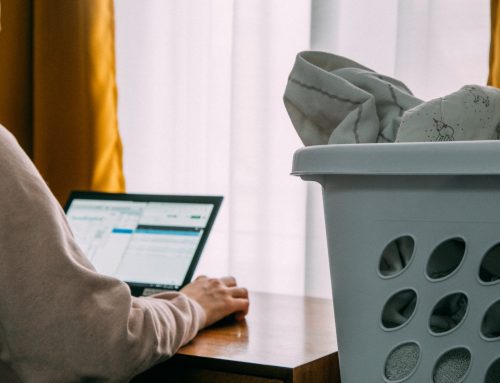When you’re in a co-working or executive office suite, it’s easy to keep your head down and just do your work, never exchanging more than a “hello” or a “have a nice day” with the people in the desks and offices near you. After all, you all have work to do and your clients, interests and spheres of business may not overlap in an obvious way with the person next to you. Building professional relationships with these people might not be high on your priority list.
But if you don’t, you’re missing out on one of the best things about shared office space — the people and businesses you’re exposed to. You might be graphic designer working next to an accountant, or a counselor down the hall from a small engineering firm. These people bring talents, perspectives, and yes, contacts, that you might never be exposed to on your own.
So how do you go about building professional relationships (and even friendships) in a shared office setting?
Step One: Be Polite and Courteous
Simple politeness goes a long way. Say hello and goodbye. Remember to wish your office mates a happy holiday or good weekend. Offer to pick up their papers from the printer as you walk by or grab them a cup of coffee when you go to refill your own.
Being courteous also means making yourself a pleasant officemate. Keep noise to a minimum when you’re in shared spaces. Wear headphones if you want to listen to music and take phone calls in a conference room or other private space whenever possible.
Make sure to clean up after yourself too. Nothing strains interpersonal relationships like leaving a mess behind for your workmates to clean up.
Step Two: Leave Time for building professional relationships
If you’re always running into the office minutes before your conference call and ducking out as soon as you’ve finished up work for the day, you haven’t left much time for relationship building. Try to leave some space in your day to actually talk to the people around you. It doesn’t have to be deep conversation, but something beyond the level of “Hi, how are you.”
Try these conversation starters:
“So what are you working on today?”
“Did you do anything fun over the weekend?”
“You’re a (title) right? I’ve always wondered about (something in their industry)”
A side note:
You might be thinking you’re way too busy to focus on building professional relationships. But you’re probably wrong. A study by the Draugiem Group found that people are most productive when they work for 53 minutes and then take a 15 minute break. Having a conversation emerged as one of the most effective “break” activities, right up there with taking a walk.
Step 3: Treat your office mates like a network
If you hear of a opportunity that might be useful to one of your office mates, bring it to their attention. Even if it’s something they’ve already heard about, they’ll be impressed that you thought of them. So if you’re in a networking group, invite them along. If you meet someone who’s looking for speakers for a convention, mention it to your office mate. If you have a friend or professional contact looking for a service that your office mate provides, give them a recommendation.
That’s exactly how we do business at College Park Executive Suites. Jackie is in a number of professional and networking groups in Hampton Roads, and she’s a tireless promoter of the people who work at CPES.
Come build a professional relationship with us. Contact us today.







